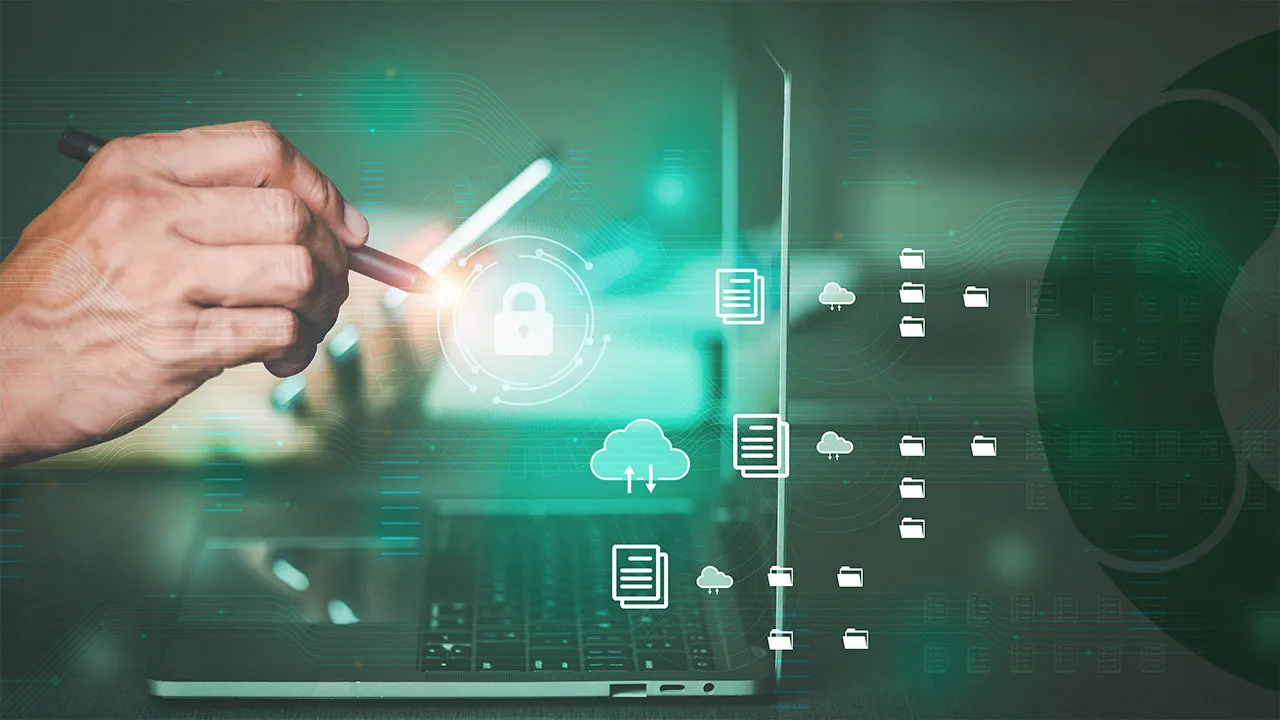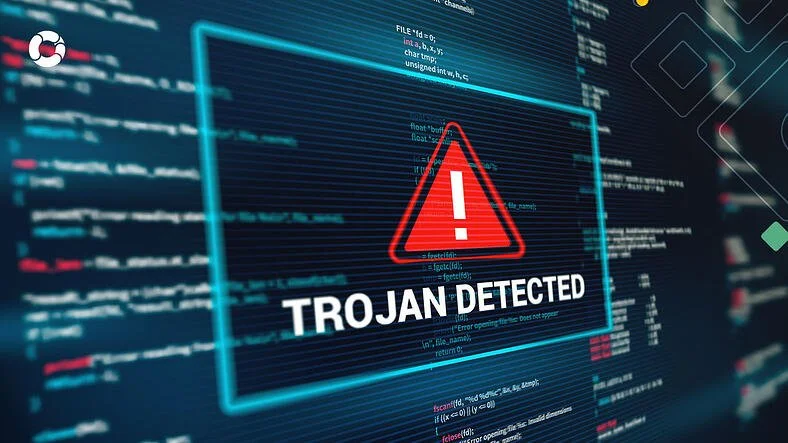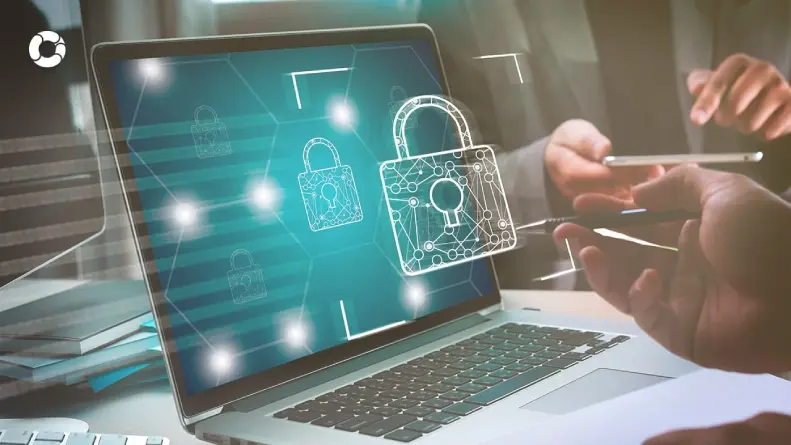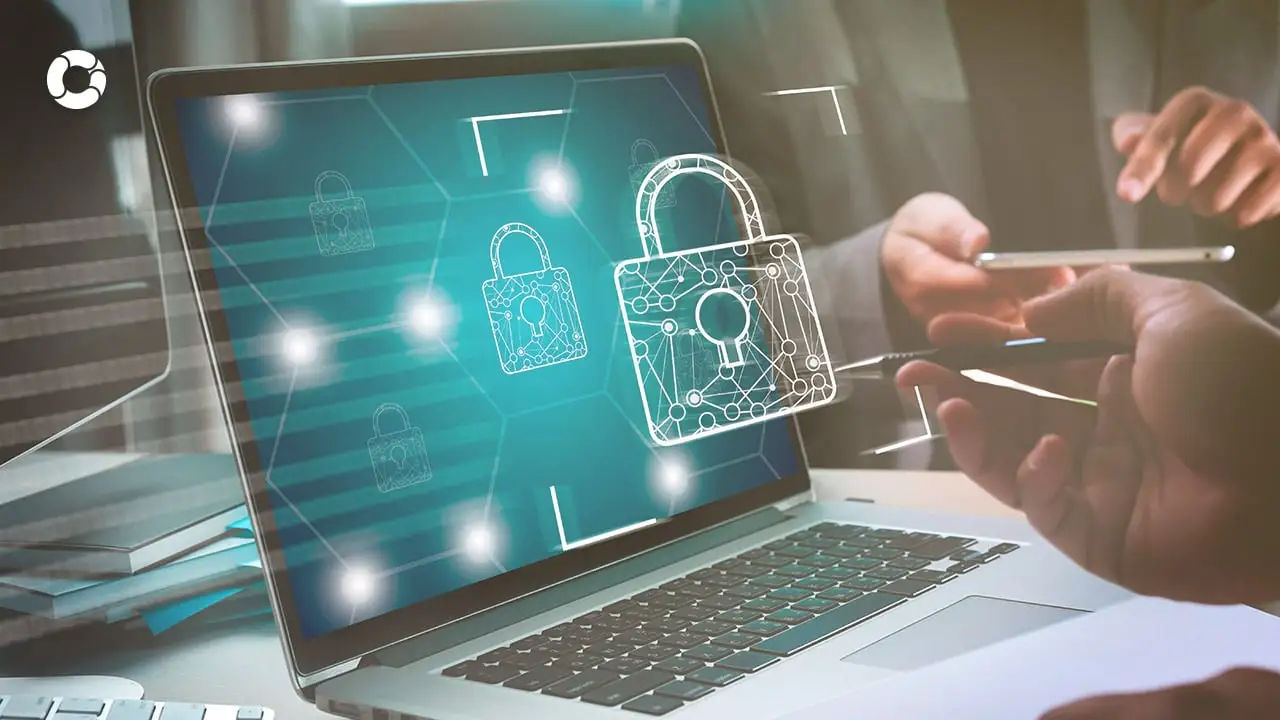Consequences of the poor data risk management framework

Cyber-attacks are a latent risk for organizations, as they constantly receive, handle, and process a significant amount of information from their operations, customers, and partners, which allows them to keep running while maintaining the security and privacy of this information that is processed online is a challenge if they do not have an effective risk management cybersecurity mechanism.
Today, we present five critical questions about the consequences of being victims of cyber-attacks and why it is essential to implement data security solutions to shield them.
1. What are privacy and data security cyber-attacks?
Cyber-attacks are malicious access to a system or network to damage or breach the confidentiality of the system or network. Once the person has gained improper access to the system, all the information stored on personal computers, business computers, telephones, screens, points of sale, and any device connected to that network is available to them. This attack paralyzes or delays the healthy operation of the company due to the blocking of the system or the hijacking of information.
If a company does not have a risk management cybersecurity, its system is exposed to different types of cyber-attacks, such as:
- Phishing: when employees or personnel are tricked with fraudulent messages to reveal confidential business information.
- Ransomware: This consists of hijacking data and blocking and encrypting devices to prevent
- access.
- Malware consists of entering a harmful code into the system to erase and hijack information.
- SQL injection: in this case, hackers exploit vulnerabilities in a web page to manipulate or steal data.
Let's see the consequences of these attacks!
2. What happens to a business's information if its data and security solutions fail?
One of the main consequences of being a victim of information security incidents is that the malicious third party accesses the system and handles the personal information of the entire company, which is one of the most valuable assets of any business.
In this case, all the information about executed and pending operations, records, contacts, customer accounts, and suppliers is in the hands of a third party who hijacks it with the threat of deleting it or sharing it with others, violating the privacy of the business.
In addition, the owner of the information does not have access to its system since, depending on the attack, the third party appropriates the data and devices, thus paralyzing and suspending the execution of activities or the provision of services.
Pro tip: One way to avoid becoming a victim of cyber-attacks or mitigate their effects is to create regular backups on encrypted storage devices.
3. Does the lack of risk management cybersecurity affect the business's financial stability?
Yes, the lack of adequate risk management cybersecurity policies can seriously affect the finances of a business since once a cyber-attack occurs, it seriously complicates the provision of its services and the realization of new business.
In addition, there is the risk of identity theft. The hacker has direct access to accounts, cards, and other products of the company and can compromise significant sums of money because it can make diversions of transactions made in different products such as points of sale, which, if not discovered in time, affect the stability of the company and its effects can sometimes become irreversible.
Pro tip: periodically review the company's financial balances to ensure that there are no accounts, credits, or operations that you are unaware of or seem suspicious.
4. How can a cyber-attack affect a business’s reputation?
When a company has an internal system compromised or breached either by phishing, ransomware, malware, SQL injection, or any other element, reputation is an element that can be affected, as it demonstrates to customers and partners that they are not qualified to manage their data or prepared to deal with crises properly.
The lack of implementation of a good risk management cybersecurity policy causes companies to lose a valuable asset, such as the trust of their customers; it affects the image they show to others; the worst thing is that once the damage has occurred, trying to rebuild that trust is almost impossible, it is a permanent stain.
Pro tip: the company must update software applications and data security solutions, and operating systems with strong passwords, double verification methods, and even biometric recognition.
5. Does not have adequate privacy and data security increase business expenses?
When organizations are victims of cyber-attacks, they have a considerable increase in business expenses because they sometimes must pay a high ransom to recover the hijacked data. In addition, they must invest in new devices to replace compromised ones and implement new cybersecurity solutions to implement an infrastructure shielded from attacks.
Bonus
If you suspect your company's internal system has been compromised, you must run a security scan of your equipment; if it does not respond, try disconnecting it immediately. In addition, we recommend that you educate your staff to be aware of suspicious activity and to act immediately.
The most important thing is to avoid sharing data over the Internet and be aware of suspicious messages; the ideal is establishing a data risk management framework responsible for detecting threats and encrypting information.
Conclusion
In Pirani, we remind you that being a victim of a cyber-attack means that the organization's health is compromised and cannot function properly; this severe infection has serious effects that spread to different areas from the blocking or hijacking not only of business information, instability of financial security, increased business expenses and most seriously the loss of confidence of customers, partners, and suppliers.
Therefore, we suggest you spare no effort when establishing data security solutions mechanisms that serve as a shield to protect the privacy and confidentiality of your information.
Did you like this article? Do you have any questions?
Please don't be shy and let us know in the comments!
You May Also Like
These Related Stories

Artificial intelligence, key to combat cyberattacks

What is Cyber Threat Intelligence?

Cyber-attacks: causes, types and consequences

Emerging Risks in Africa: PAPSS, Cybersecurity, Fintech & Climate

How to prevent a cyberattack by manipulation



No Comments Yet
Let us know what you think